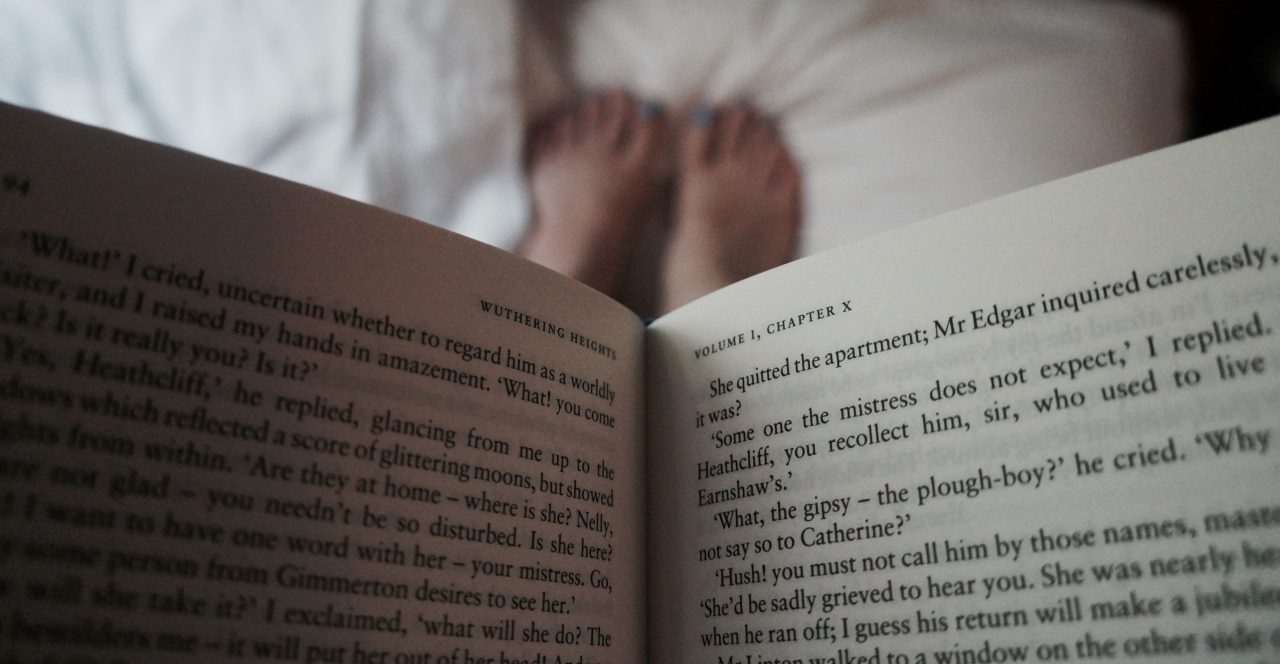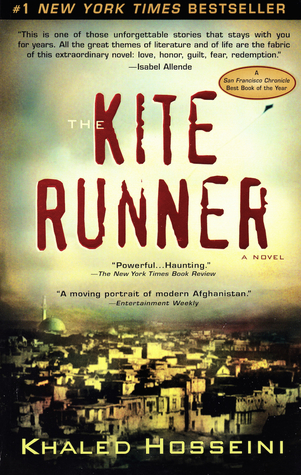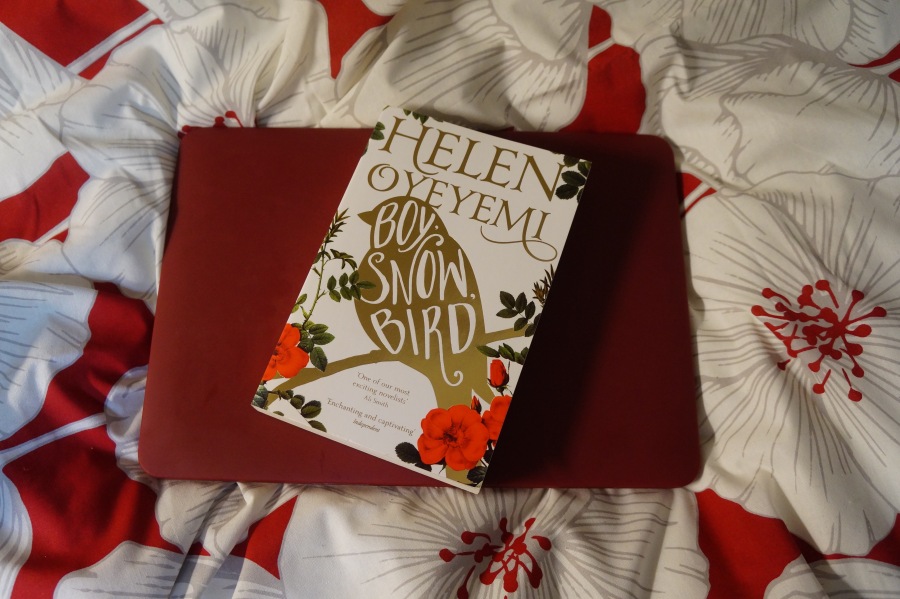| The Kite Runner by Khaled Hosseini
2 out of 5 stars “It may be unfair, but what happens in a few days, sometimes even a single day, can change the course of a whole lifetime.” Amir is the son of a wealthy Kabul merchant, a member of the ruling caste of Pashtuns. Hassan, his servant and constant companion, is a Hazara, a despised and impoverished caste. Their uncommon bond is torn by Amir’s choice to abandon his friend amidst the increasing ethnic, religious, and political tensions of the dying years of the Afghan monarchy, wrenching them far apart. But so strong is the bond between the two boys that Amir journeys back to a distant world, to try to right past wrongs against the only true friend he ever had. The unforgettable, heartbreaking story of the unlikely friendship between a wealthy boy and the son of his father’s servant, The Kite Runner is a beautifully crafted novel set in a country that is in the process of being destroyed. It is about the power of reading, the price of betrayal, and the possibility of redemption; and an exploration of the power of fathers over sons—their love, their sacrifices, their lies. (Blurb from Goodreads) For this year, I’m trying to catch up on some popular books that I’ve missed out on. I remember in senior year, my English teacher being shocked I had never read The Kite Runner. Now, three years later, I’ve finally read it. And I did not like it. The Kite Runner is the story of Amir, a wealthy boy growing up in Kabul with his father, his father’s servant, Ali, and Ali’s son, Hassan. Hassan and Amir grow up together, almost like best friends, though there is always a line between them. Hassan and Ali are Hazara and Shi’a Muslim, and while Ali suffers from a leg disability, Hassan has a cleft lip in the beginning of the novel. Basically Amir’s life is better than Hassan’s in every way. The only really negative aspect in Amir’s life is that Amir’s father Baba, whose wife died giving birth to Amir, can be a little distant sometimes. So despite Hassan’s unwavering loyalty to him, Amir betrays him one day when his friend needed him most, and their relationship crumbles. Hassan and Ali leave, and Amir never confesses to anyone why. Years after that the war breaks out and Amir and his Baba flee Afghanistan for America. The second half of the novel focuses on Amir’s decision to go back to Afghanistan to try and atone for his childhood trespasses against Hassan. If I had to use one word to describe this book it would be heavy-handed. Heavy-handed symbolism. Heavy-handed parallelism. Heavy-handed foreshadowing. In the first few chapters, we can barely go a full page without Hosseini reminding us that something bad is about to happen and that this moment is the last moment Amir and Hassan get to do this and that. And Amir. I really disliked Amir. What he did to Hassan is honestly unforgivable to me. Which is not to say the story necessarily needed to be bad after that. I probably would have enjoyed this book more if it had explored that dark side of Amir. Instead, it basically spends the first third of the novel explaining how Amir will betray Hassan and then the next two thirds setting everything up to give him the chance to be a hero. The last third of the book basically just links back to every piece of symbolism it can from Amir’s childhood. Everything arranges itself perfectly to allow Amir to redeem himself. At one point he even gets a scar that guess what? Looks exactly like the scar Hassan had from his cleft lip operation! The novel tries way too hard to make the ending parallel with the beginning, sacrificing a lot of realism in order to do so in my opinion. It’s aimed at making Amir into this hero when I as a reader didn’t really want Amir to get the chance to be a hero. My main issue was with the ending part of the book, but there are also a lot of small details that bugged me about this book. Hosseini doesn’t seem to think too highly of the reader’s intelligence and does a lot of show and tell. Like a character will say something that clearly is supposed to remind us of something in the past, but rather than trusting the reader to know that, Amir has to jump in about how that thing reminded him about his childhood in some way. So yeah. I really probably could have been better off just continuing to have never read this one. The reason why I am giving it 2 stars is because I do like the portrayal of Afghanistan. I obviously have no idea how much of it is accurate, but I liked the descriptions and found the parts describing Afghani culture to be engrossing. And while I disliked a lot of the symbolism in this one, I digged the kite metaphor. Hosseini made a cool choice on that at least. |


